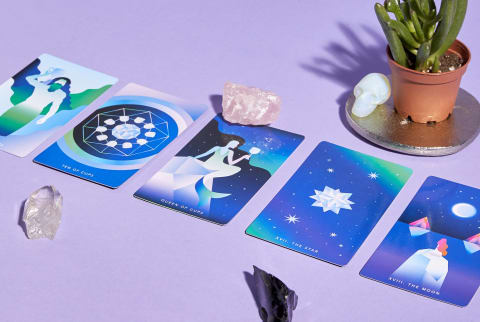The concept of self-love has, fortunately, become more prevalent in our cultural canon, but actually putting it into practice can prove challenging. The idea itself sounds ideal, sure, but digging deeper into it often feels like treading into ambiguous territory. How do we truly love ourselves and others? And how do we know if it’s enough?
Spiritual teacher and New York Times bestselling author of The Seat of the Soul Gary Zukav is here to help: On the mindbodygreen podcast, he explains why self-love is so crucial and—here’s the kicker—offers a practical tool to embody it.
How to tell if you’re acting with love.
As Zukav notes, “You cannot love others without loving yourself.” This principle adds even more weight to the venture; self-love is, ultimately, the portal through which we can show our respect and appreciation to others.
So, how does Zukav measure up? Well, it comes down to where he chooses to place his focus: “Look at your high watermarks,” he explains. In economics, this refers to the highest value of an investment fund; in spirituality speak, Zukav suggests assigning “the loving parts of your personality” as your highest value, so you can assess your following actions according to this peak. Get it?
“[Look at] the times when you gave and there was no attachment, the times when you received and there was only gratitude—not for what somebody did for you, but for what somebody is and was in your life,” he says. In other words: Reflect on the times you acted with compassion and gratitude and use those as your guiding light.
On the flip side, says Zukav, offering yourself grace when you have fallen short of these intentions is just as important: “I have to remind myself not to evaluate myself in terms of my low watermarks,” he says. “If I did, I would think to myself, You can’t speak like this. You’re a hypocrite. You get angry. You get jealous. You get in power struggles with [your wife]. But now I look at them as learning opportunities, and I evaluate myself by my high watermarks.”
That way, you’re not ignoring the low moments and believing everything you do in life is grand (which is arguably not a way to go about it); you’re simply striving for your highest value while learning about yourself along the way—which is all anyone can ask for.
Zukav’s method is all about assessing yourself based on moments you’ve practiced compassion, appreciation, or any other pure, life-affirming intention. As he states, “There is no power greater than love.”








